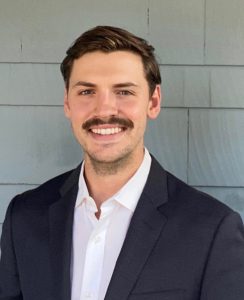
William Underwood
William Underwood is a PhD Candidate in Religion at the University of Chicago Divinity School. His research explores the rhetorical, conceptual, and political processes through which religion has been constituted and continually transformed as an object of knowledge in modernity. In his dissertation, “The Antitheses of Religion: Marxism, Materialism, and the Making of American Religious Studies,” William re-examines the institutionalization of religious studies in the United States, focusing on how a flexible and culturally potent discourse of anti-materialism facilitated the discipline’s entry into American colleges between World War I and the mid-1960s. In that period, he argues, a small but dedicated cadre of Protestant religion professors, university administrators, and philanthropists established a durable niche for the academic study of religion as an agent of ecumenical Protestant nationalism—a process of disciplinary formation with ongoing consequences for religious studies today. Beyond his dissertation, his writing and teaching span topics in philosophy of religion, religion in the Americas, and material religion. He received a B.A. in Religious Studies from Brown University and an M.A. in religion from the University of Chicago Divinity School.
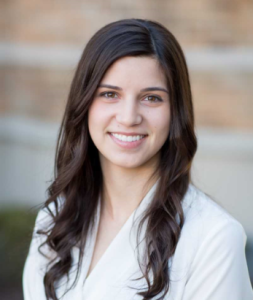
Sydney Beckmann
Sydney Beckmann is a Ph.D. Candidate in American Indian Studies at the University of Arizona, currently a Russel J. and Dorothy S. Bilinski Fellow. She earned her M.A. in Theological Studies at the University of Notre Dame in 2018. Her research is interdisciplinary and intersects the areas of religion, race, and colonialism. Focusing broadly on Indigenous religious traditions and urban Indigeneity, she examines how government policies and discourse around urbanity perpetuate colonial ideologies designed to erase Indigenous people and further entrench settler colonial domination of Indigenous lands. Her dissertation explores the largely under-researched topic of pan-Indianism. By analyzing the association between pan-Indianism and urban spaces, her research explores how the concepts of religion and race have contributed to the historical production of cities as anti-Indigenous spaces.
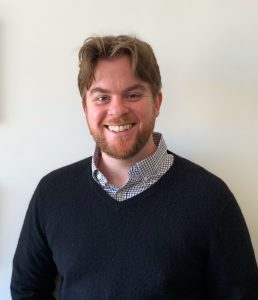
Isaiah Ellis
Isaiah Ellis is an historian of American religion with expansive interests in how religious concepts are made material in unexpected places, particularly in social forms, built environments, economic landscapes, and the production of state space. His first book manuscript, titled Apostles of Asphalt: Race, Empire, and the Religious Politics of Infrastructure in the American South, examines competing narrations of infrastructural and economic modernity in the U.S. South during the nineteenth and twentieth centuries, and explores how contemporary debates about progress, inequality, and the moral center of American public life are articulated through the prism of infrastructure.
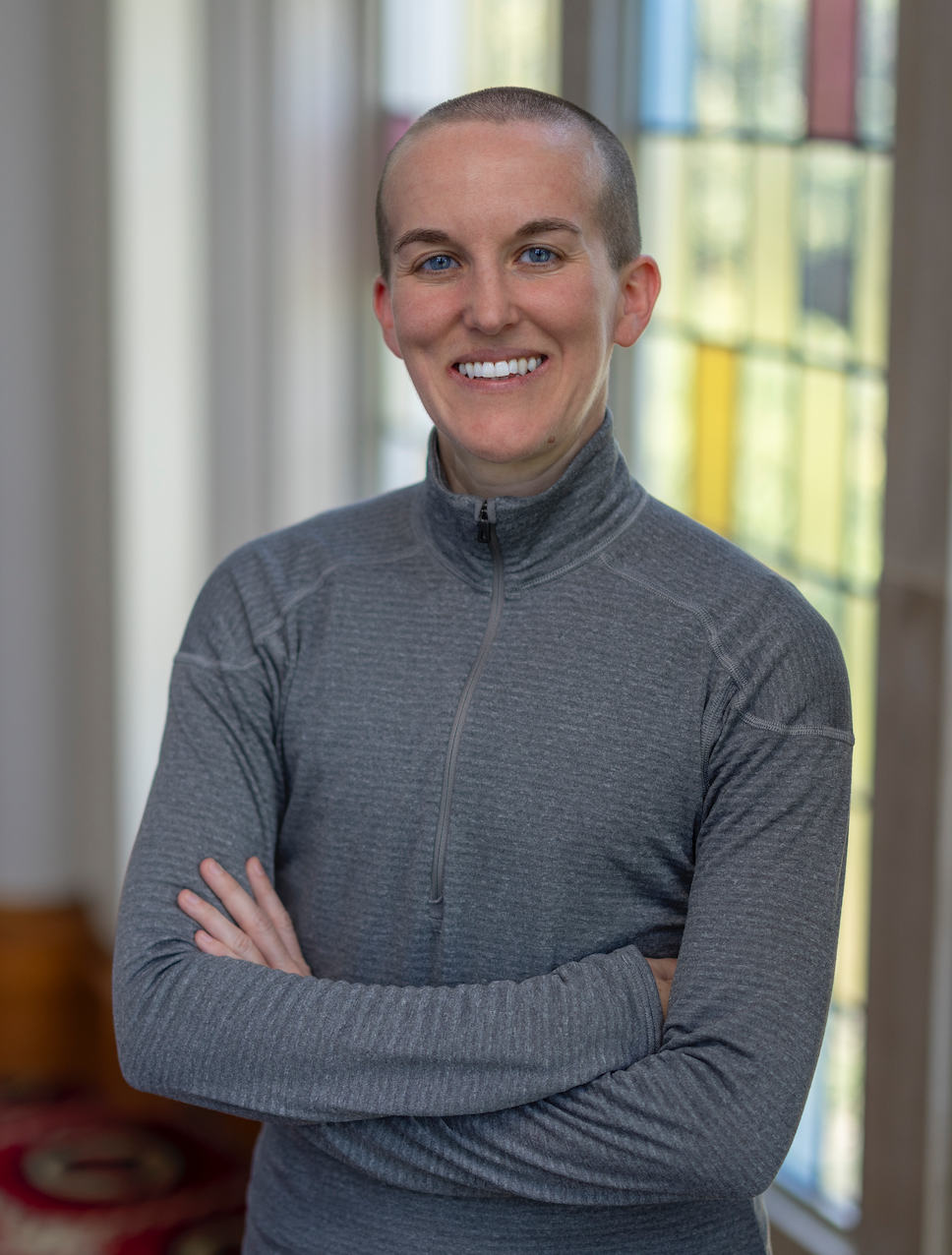
Beck Henriksen
Beck Henriksen is a Visiting Assistant Professor in the Department of Religious Studies at Rhodes College (Memphis, Tennessee). Dr. Henriksen received their Ph.D. in Religious Studies and a Certificate in Women’s and Gender Studies from the University of North Carolina at Chapel Hill in 2023. Their research interests center on gender and sexuality studies and the anthropology of religion. Dr. Henriksen’s first project focuses on the intersection of American and Rwandan evangelical beliefs around gender, leadership, and LGBT policies in Rwanda. Their second project examines trans medical care in the context of politicized Christianity in the United States.
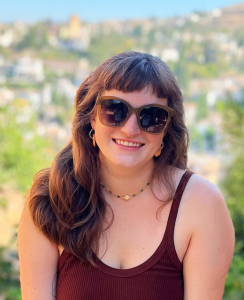
Sierra Lawson
Sierra Lawson is a PhD candidate in Religious Studies at the University of North Carolina at Chapel Hill. Their work examines the relationship between religion and empire as it is expressed through discourses on maternity and bodily fluids. Situated between the Iberian Peninsula and the Andes, they draw transatlantic comparisons between Castilian and Peruvian understandings of the labor of mothering through the lens of religion during the 16th century.
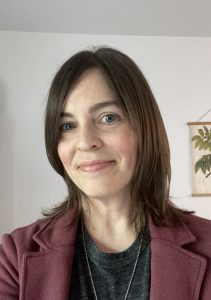
Martha Smith
Martha Smith is Assistant Professor of Religious Studies at Fullerton College in southern California. Her teaching covers all aspects of religion in culture and the diversity of religious traditions around the world. Her research and writing focus on North American religious diversity and pluralism, race and ethnicity, new religious movements, and religious studies pedagogy. She has written articles on hula hooping, communities of practice, antiracist pedagogy, and religious diversity and pluralism in the United States. She holds BA and MA degress from Missouri State University and a PhD from the University of California, Santa Barbara.
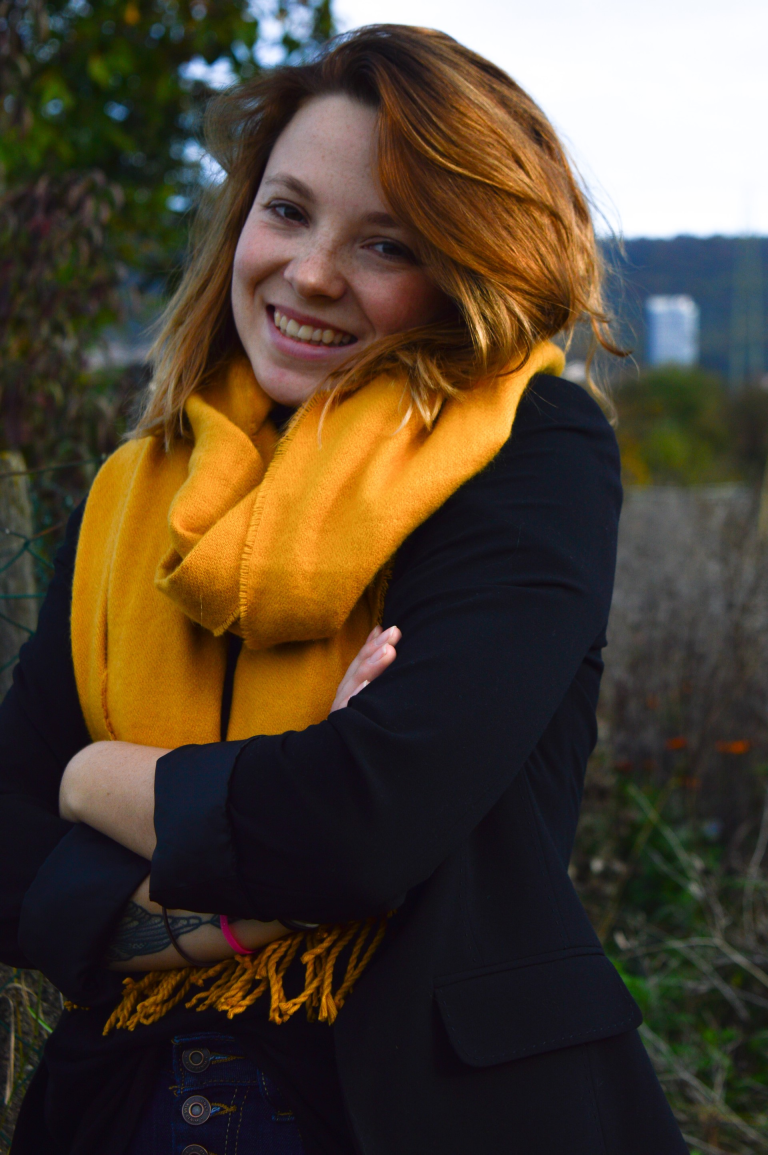
Jessica Albrecht
Jessica Albrecht (she/they) is about to finish her PhD at the University of Heidelberg, Germany, and is currently working as a research and teaching fellow at the University of Bonn. In addition to a BA in Religious Studies, she holds two MAs, one in Gender History and one in South Asian Modern Languages. Jessica’s main research focus lies in the intersection of religion and feminism from a postcolonial, queer and disability studies perspective. Her PhD thesis focusses on Sri Lanka, but she is invested in the project of Global Religious History and examines the entanglement of British and American Empires in the nineteenth and twentieth centuries.
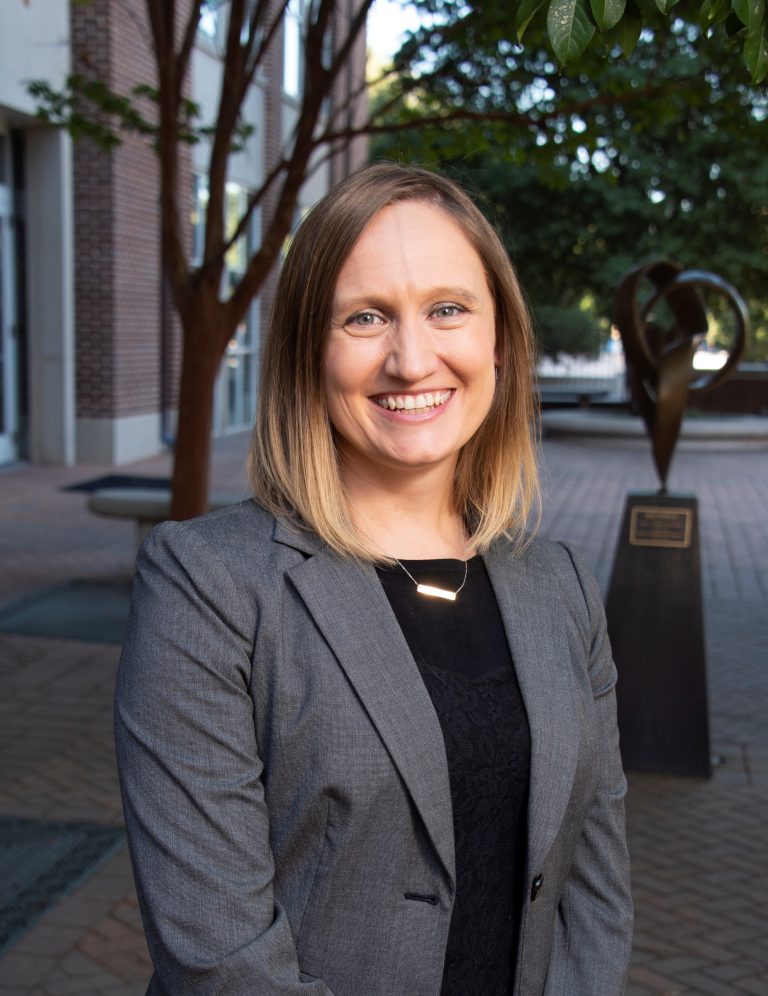
Marie Olson Purcell
Marie Olson Purcell is a scholar of religion and culture, currently teaching at Texas Christian University and Texas Wesleyan University. Her PhD is in Religious Studies from Southern Methodist University, and her scholarship focuses on American religion, particularly Christianity, gender, and dialogical engagement across disparate worldviews. Her primary methodology is anthropological with a theological reflexivity informed by feminisms and relational dynamics. Her current book project considers complex paradigms of marginalization by using feminist frameworks to study nonfeminist populations at First Baptist Dallas, a church with national, political, and denominational prominence and power. Her ethnography of evangelical women in this context considers formative intersections between religious identity, gender identity, and political identity.